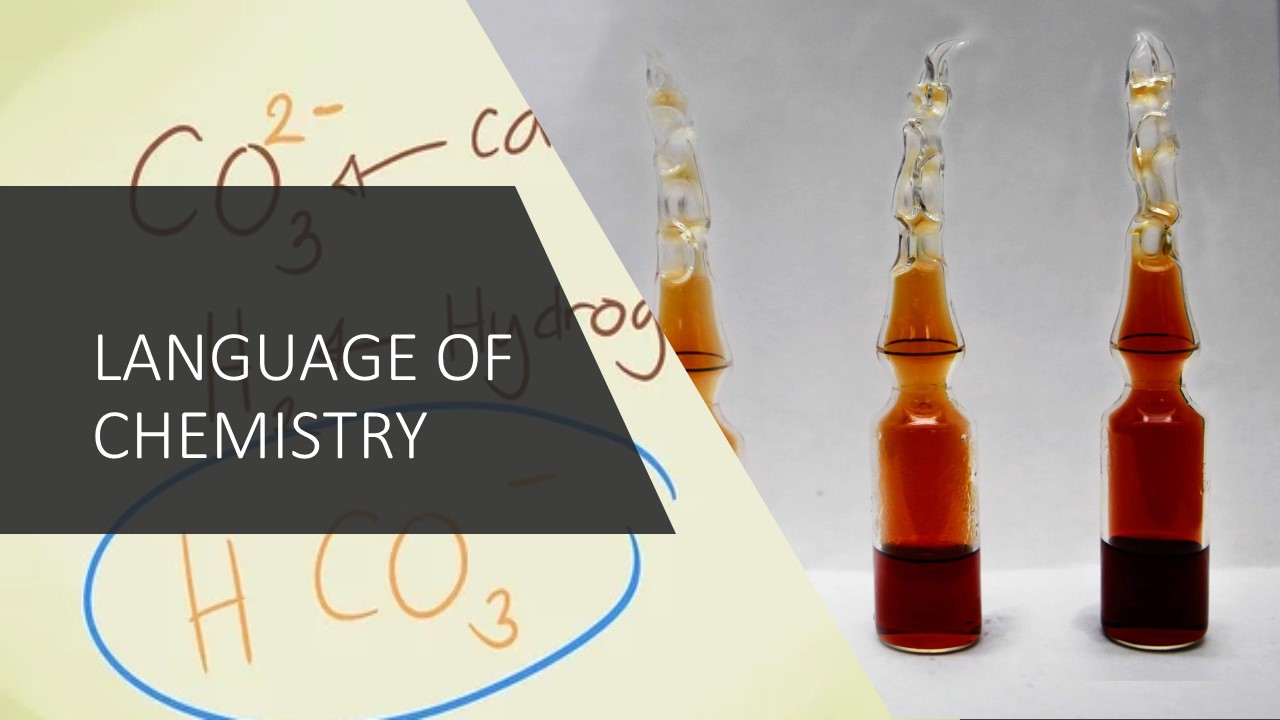STD IX – LANGUAGE OF CHEMISTRY – (Online)

About Course
INTRODUCTION TO IMPORTANT TERMS
SYMBOL, VALENCY, FORMULAE OF RADICALS
Chemical Symbols and Valency
Chemistry has its own language such as symbol, equation, ion, valency, atom, element, molecule, reaction and so on. A chemical symbol denotes in short, a particular element or an atom of that element. Chemical reactions are easy to write with chemical symbols than having to write the lengthy chemical names. Many scientists have devised several methods to symbolic representation.
Valency
Valency indicates the combining capacity of an atom or radical. It is defined as the number of hydrogen atoms that will combine with or displace one atom of that element or radical.
Radicals
An atom or a group of atoms that behave like a single unit and contain a positive or negative ion is called a radical. Radicals are very reactive and have a unique valency.
BALANCING
A chemical reaction involves the transformation of one set of chemical substances to another set. It leads to change in the chemical and physical properties of a substance. It also leads to the change in physical state and composition of that substance. Substances with more than two elements chemically bonded are known as compounds. Chemical Formula represents the elements that a compound is made of.
Balancing chemical equations Hit and trial method | Partial equation method
RELATIVE ATOMIC MASS
Molecular Formulae and Equations
A molecular formula, also known as a chemical formula, is a combination of elemental symbols and subscript numbers which is used to show the composition of a compound. Examples: Silica is represented as SiO2 . Marble is represented as CaCO3 .
Course Content
INTRODUCTION
-
06:00
-
06:03
-
QUIZ – INTRODUCTION
-
07:34
-
04:00
-
00:36
-
00:39
-
QUIZ – LANGUAGE OF CHEMISTRY – SYMBOLS AND VALENCY
-
QUIZ – THE LANGUAGE OF CHEMISTRY – ATOMIC MASS AND ATOMICITY
BALANCING CHEMICAL EQUATIONS
CHEMICAL EQUATIONS
Student Ratings & Reviews

No Review Yet

